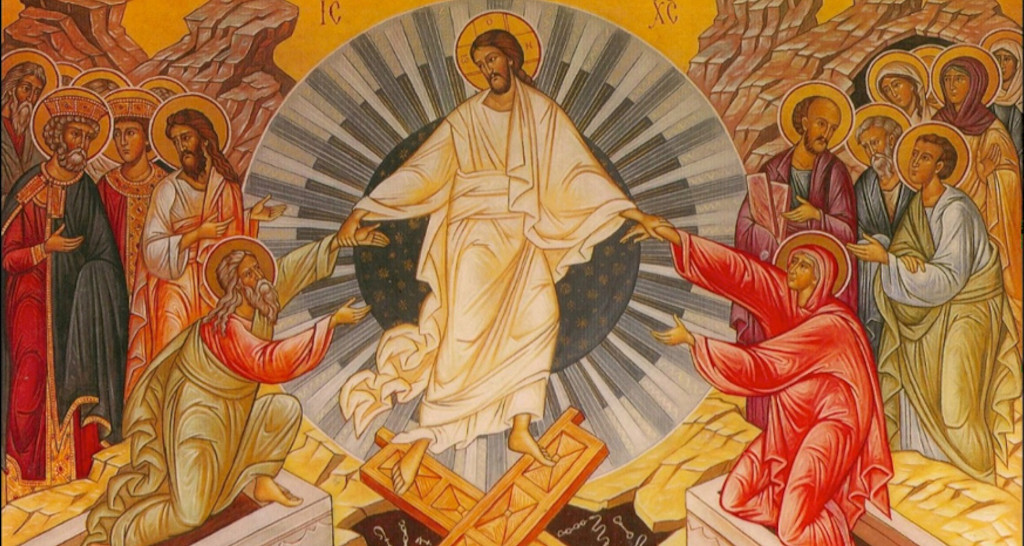Here is the Son of God, who in His resurrection experienced in a radical way mercy shown to Himself, that is to say the love of the Father which is more powerful than death. And it is also the same Christ, the Son of God, who at the end of His messianic mission – and, in a certain sense, even beyond the end – reveals Himself as the inexhaustible source of mercy, of the same love that, in a subsequent perspective of the history of salvation in the Church, is to be everlastingly confirmed as more powerful than sin. The paschal Christ is the definitive incarnation of mercy, its living sign in salvation history and in eschatology. In the same spirit, the liturgy of Eastertide places on our lips the words of the Psalm: Misericordias Domini in aeternum cantabo (Dives in misericordia, nr 8).
Jesus’ Passover shows us a love more powerful than death. He shows us a mercy more powerful than sin. Even though we did not deserve it, Jesus gave his life for each of us. He allowed his heart to be pierced so that the source of mercy might come out of him. It frees us, gives us a new life and fills our hearts with joy, because He who died – is risen, and in Him we will also live! The greatness of God’s mercy shown to us in the passion, death and resurrection of Jesus cannot be expressed …
Do I believe that God’s love for me is more powerful than any of my sin?
How can I thank Him for His infinite mercy towards me?
“Of the Lord’s great mercy for ever and ever
Before the people shall I sing,
For mercy is the greatest attribute of God,
For us a miracle all things surpassing. …
For us the depths of God’s mercy have been prised open
In Jesus’ life and body on the cross outstretched,
Neither doubt nor despair, O sinner,
Trust in His mercy, you can reach sainthood yet.
The two rays, fountains of Divine mercy,
From Jesus’ Heart and by His Hand,
Flow down not for angels, cherubim, nor seraphs,
But to save the poor sinner – Man” (Diary 522).


